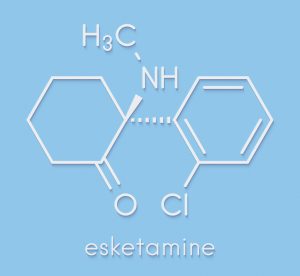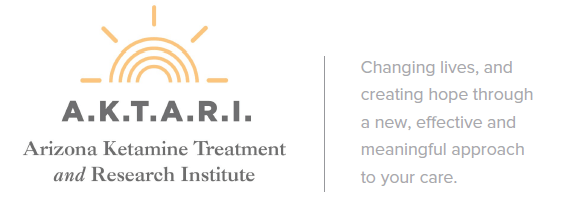Ketamine Therapy for Treatment-Resistant Depression
Many of the over 18 million Americans who suffer from a major depressive episode will fall into the category of Treatment-Resistant Depression (TRD), defined as depression so severe that two or more standard anti-depressant medications have failed to relieve it. Up to 70 percent of depressed individuals do not experience significant relief of their symptoms with their first intervention or prescribed medication.
For those suffering from Treatment-Resistant Depression, numbers and technical definitions don’t matter. Current standard depression treatments and medications usually take several weeks or months to have any beneficial effect—if they provide any relief at all. Meanwhile, working through the available treatments can be tiring, demoralizing and frustrating—an additional burden to individuals who have difficulty with even routine daily functions, and for whom once-enjoyable activities no longer offer pleasure. Individuals are often left feeling trapped and hopeless.
With IV Ketamine for TRD, this is changing.

While researchers continue to work to explore the physiology responsible for its success, the available evidence and our experience indicates that Ketamine exerts rapid and robust antidepressant effects. Up to 80 percent of previously unresponsive individuals have seen many or most of their depression symptoms relieved soon after only one to four infusions. In addition, Ketamine is effective in reducing or eliminating suicide ideation (suicidal thoughts) in most patients who have experienced them. These results last from a few days to several weeks or months after each dose. Many individuals who did not respond directly to Ketamine treatment will instead often respond favorably afterward to standard therapies, as Ketamine appears to somehow increase sensitivity to other medications.
Ketamine blocks the NMDA glutamate receptors in nerve cells in the brain. Some scientists speculate that this generates a neurotrophic effect, that is it grows and heals damaged brain cells that are believed to contribute to clinical depression. Another theory is that a by-product of Ketamine activates another glutamate receptor, the AMPA, which is even more effective in reducing depression symptoms. The Arizona Ketamine Therapy and Research Institute (AKTARI) continues to investigate Ketamine physiology, with an ongoing program to help patients suffering from depression and other psycho-emotional conditions. You can contact us online or call 480-626 2727 to get in touch with our office.
“In recent years, we and others have shown that Ketamine could often counter the symptoms of depression in treatment-resistant cases.”
Dr. Dennis Charney, MD, Icahn School of Medicine at Mount Sinai, New York
“Since 2006, dozens of studies have reported that [Ketamine] can also reverse the kind of severe depression that traditional antidepressants often don’t touch. Experts are calling it the most significant advance in mental health in more than half a century.”
Sara Solovitch, The Washington Post
